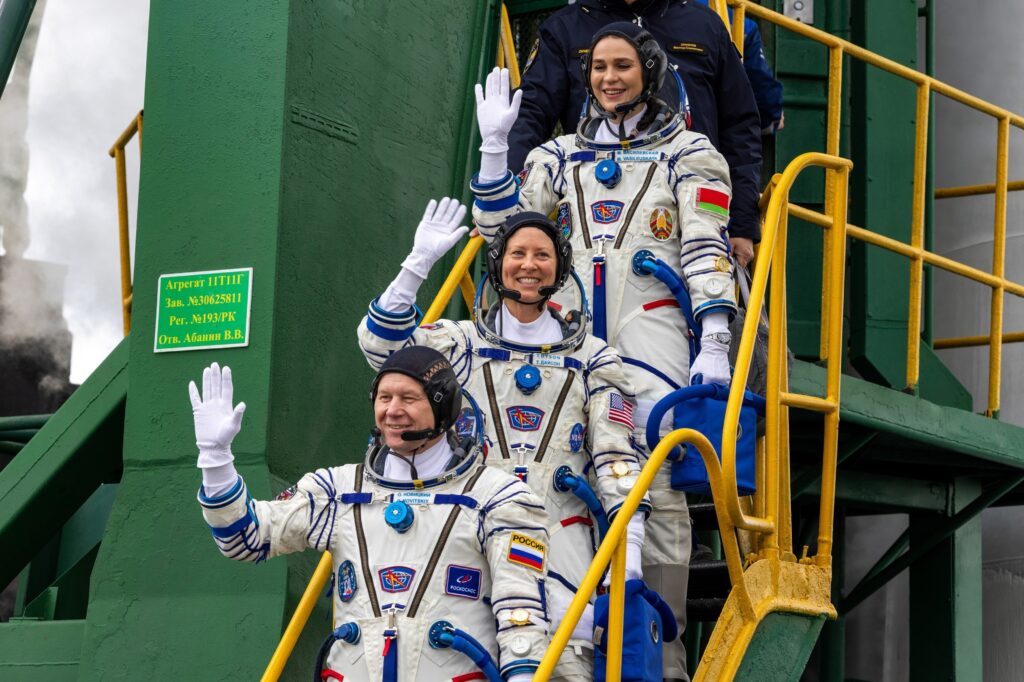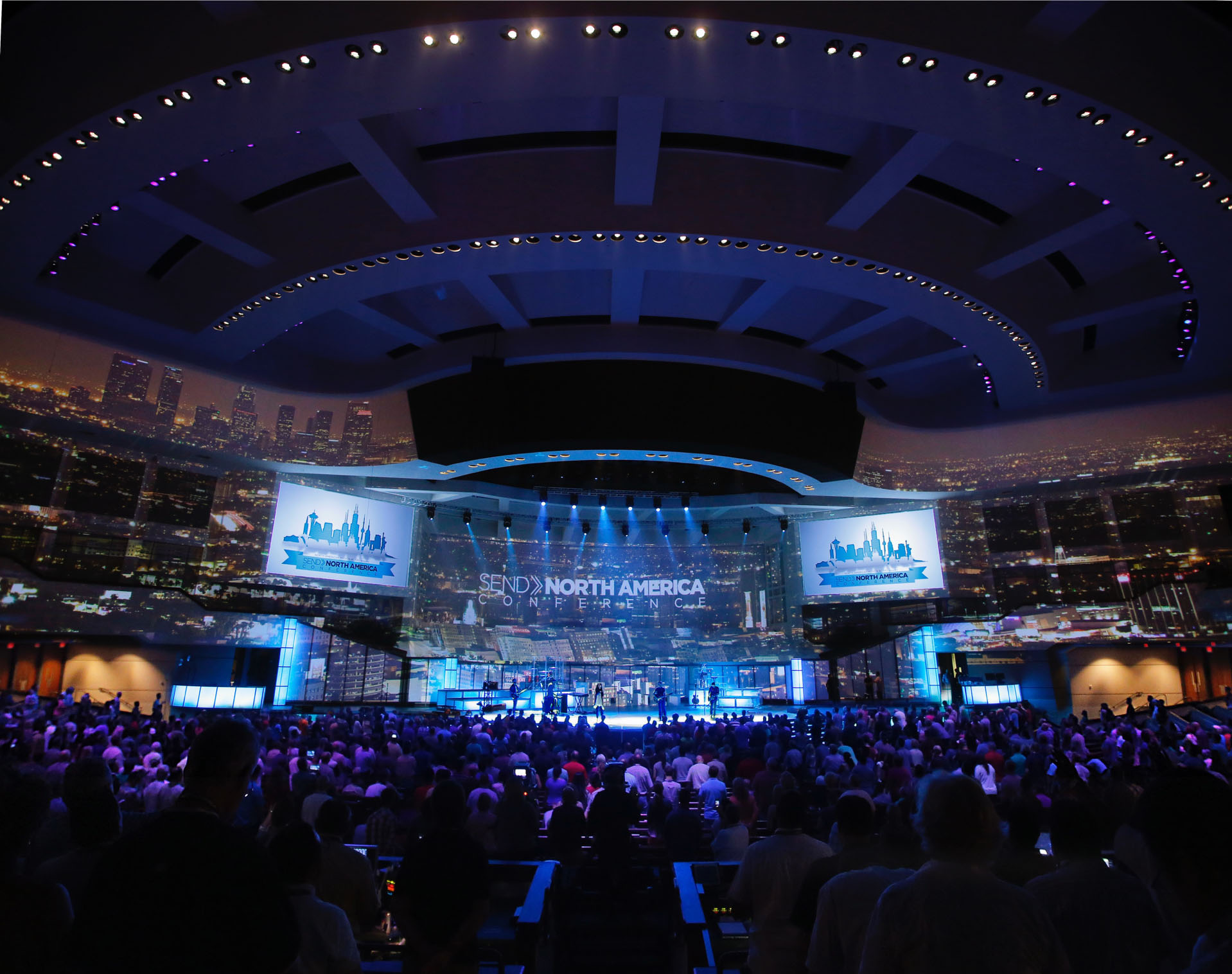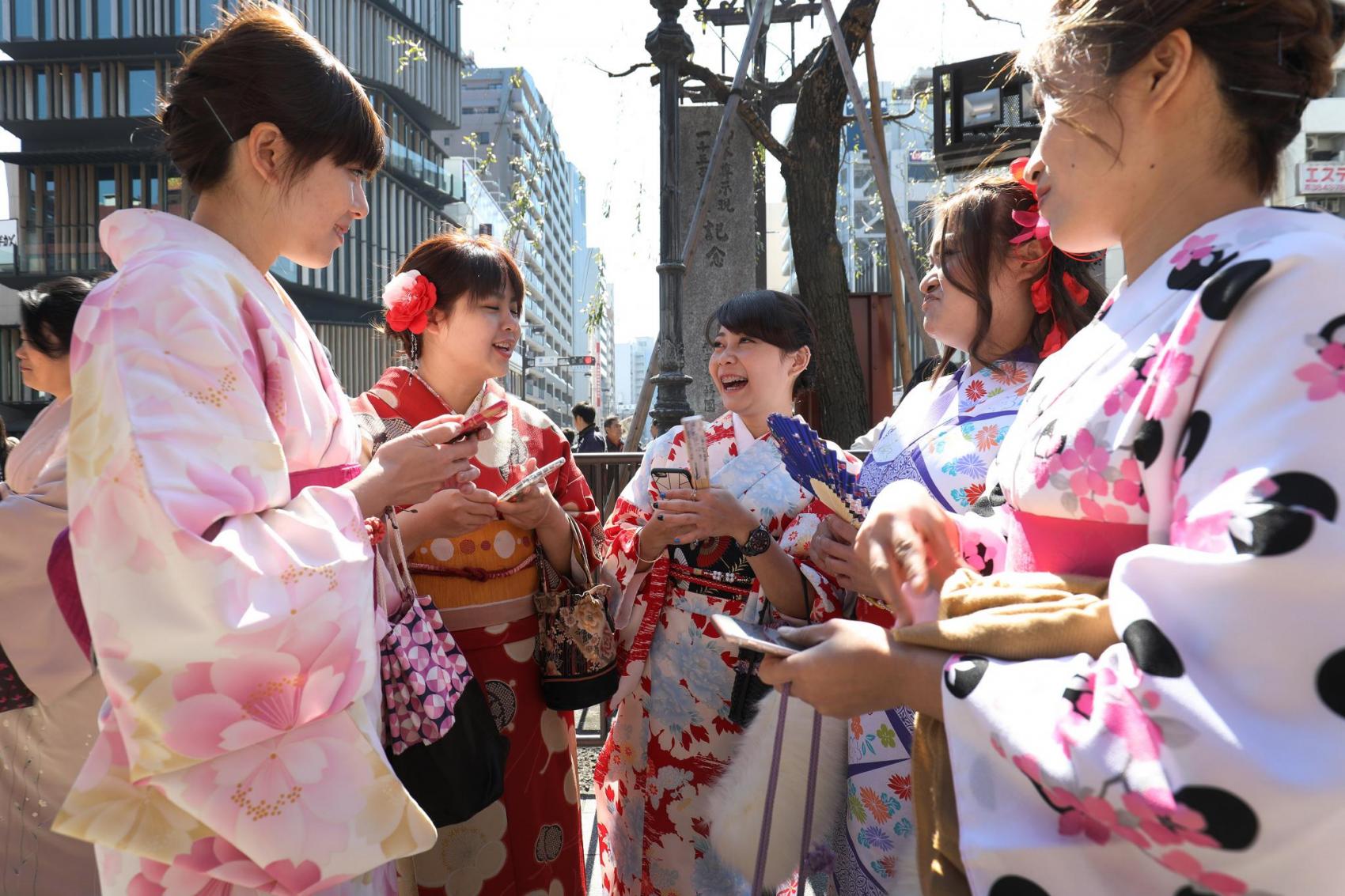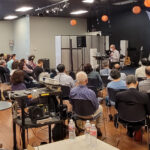
PASADENA, Texas (AP) – About 10 miles from Johnson Space Center, a Houston-area church takes a moment during Wednesday Bible studies and Sunday evening services to pray for two members who cannot be there.
In fact, there’s no way on Earth for NASA astronauts Barry “Butch” Wilmore and Tracy Dyson to show up at Providence Baptist Church. They’re in space, orbiting the planet. More specifically, these two members are working on the International Space Station together.

Like many astronauts before them, they brought along their faith when they launched into space.
“God uses all of us in pretty neat ways, and I think I get the most joy from what I do thinking about it in those terms,” said Dyson, discussing her job on the “Bible Project” podcast ahead of her March launch on a Russian Soyuz spacecraft.
Dyson’s six-month mission isn’t scheduled to end until September, but Wilmore and his fellow NASA test pilot, Suni Williams, should have been back weeks ago. They are staying longer than expected following thruster failures and helium leaks on Boeing’s inaugural crew flight for its Starliner capsule. Wilmore and Williams have said they are confident the capsule will return them home safely; engineers are still poring over Starliner test data.
There’s no return date yet, which means the congregation’s worries have subsided for now since they are safe aboard the space station, said Tommy Dahn. He is a pastor for the church where Dyson worships as a newer member and where Wilmore is a longtime elder.
It’s the launch and return days that ratchet up their anxieties — and prayers.
“We will definitely be on vigil as we find out when that’s going to happen,” said Dahn, who is in close contact with Wilmore and his wife during the latest mission.
Wilmore paused before boarding the Starliner on each launch attempt, huddling in prayer with technicians and Williams. He acknowledged the risks of spaceflight — especially on a test flight like his.
“Our families have been a part of this from the beginning. … As far as preparing them, they’re prepared. We trust in a sovereign God. Whatever the plan is, we’re ready for it, whatever that might be,” he told reporters ahead of the flight.
Wilmore’s faith that God is in control gives his family great peace, his wife, Deanna Wilmore, said via text message. He is content on the space station, neither worrying nor fretting, she said.
“We’re not saying this means that nothing bad will happen or the Starliner will bring Barry home safely, but whatever the Lord does, will be for our good and for His glory,” even if they don’t fully understand it, she said.
It is unknown how many astronauts have practiced their faith in orbit, according to NASA, because some keep it private. But flight-certified religious items are permitted. In 2023, astronaut Jasmin Moghbeli celebrated Hannukah on the space station, sharing a video featuring a menorah, a spinning dreidel and her view of Earth.
Houston Rabbi Shaul Osadchey encouraged a member of his congregation and then astronaut Jeffrey Hoffman to bring the first Torah into space on his final shuttle mission in 1996. Osadchey tracked down a miniature scroll, and he and about 40 synagogue members attended the launch in Florida.
“We bring our culture and our backgrounds with us where we go,” said Osadchey, noting Hoffman read from the Torah, the start of Genesis specifically, on Shabbat. “Jeff brought the Jewish tradition into a new domain — new world that is being conquered by humans.”
The three astronauts aboard Apollo 8 broadcasted their reading from Genesis on Christmas Eve as they flew around the moon, starting with “In the beginning, God created the heaven and the Earth.”
NASA says it helps observant astronauts stay connected to their faith community. Because of Dyson and Wilmore, their Southern Baptist congregation, which numbers around 250 people on any given Sunday, has had unique opportunities.
Despite the distance, women in the church arranged a care package of sorts — notes of encouragement — for Dyson, said Dahn.
“Barry, he ministers to us almost,” he said, noting how Wilmore makes encouraging calls to congregants while in space.
After Wilmore arrived on the space station in early June, he and Dyson appeared live via video at a Providence Baptist Sunday service and gave the congregation a tour of the station, Dahn said. Wilmore taught a lesson before he and others aboard the space station led the congregation in singing “Amazing Grace.”
“It’s kind of thrilling,” said Dahn, adding that thoughts of God come easily when the astronauts show Earth through the space station’s window. Like other theologically conservative Christians, he believes God is the creator of the universe as depicted in the Bible, not the Big Bang or other theories.
“It’s confirming. I don’t want to be crass, but it kind of makes us laugh at the ‘Flat Earthers,'” he said.
Wilmore uses his experience in space to enhance people’s understanding of their Christian beliefs, said Dahn, noting his speaking engagements with the Answers in Genesis ministry, which runs the Creation Museum and Ark Encounter, evangelical attractions in Kentucky.
Few others can do what Dyson and Wilmore do, although they are unlikely to say so themselves, said Corey Johnson, another Providence Baptist pastor. He thinks of how Wilmore organized a group to build a fence at his home, and how Dyson gladly read his sons a book while visiting.
“These are uniquely gifted individuals,” he said, but “there’s more to them than what they do for their day job.”
From The Associated Press. May not be republished. AP religion coverage receives support through the AP’s collaboration with The Conversation US, with funding from Lilly Endowment Inc. The AP is solely responsible for this content.






















